Your cart is currently empty!
Category: Language
Japanese Language Proficiency Tests (JLPT): What You Need to Know
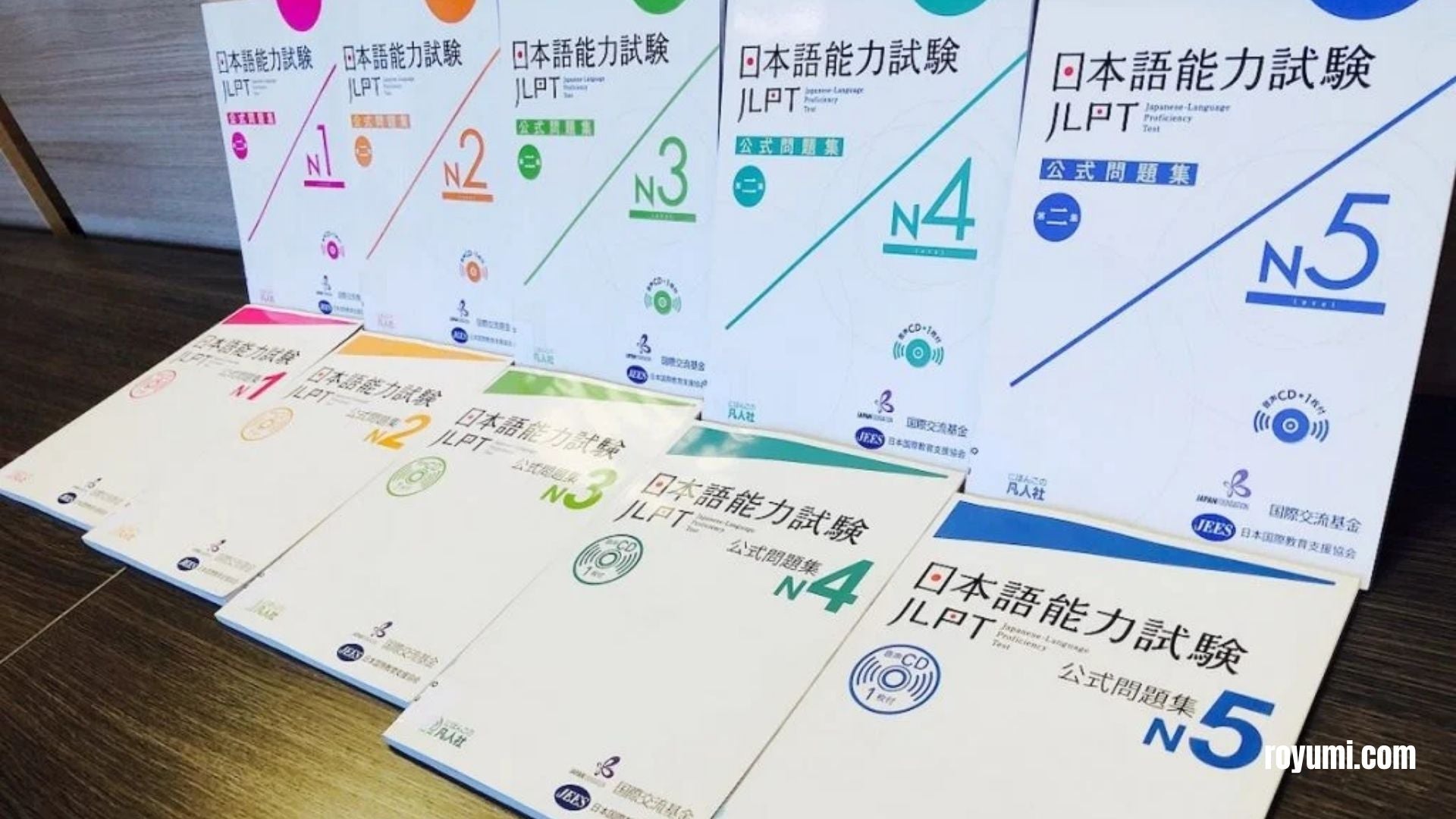
If you’ve ever considered formalizing your Japanese skills, you’ve probably heard of the Japanese Language Proficiency Test, or JLPT. This assessment is an important milestone for any Japanese learner, but what does it really entail? In this post, we’re going to dive into the world of Japanese proficiency testing and provide you with everything you… Read more
Breaking Barriers: How to Stay Motivated in Language Learning

The language learning journey is exciting, but it can also be challenging. Sometimes, we find ourselves facing plateaus where it seems like our progress has stalled. How to overcome these barriers and maintain motivation on our linguistic journey? In this post, we’ll explore effective strategies to break down barriers and stay inspired on our path… Read more
Demystifying the Myth: The Perception of English Level in Japan

In our demystifying series, we address a commonly spread myth: the belief that Japanese people are bad at the English language . We will explore this stereotype and examine how education and other factors influence English proficiency in Japan. It is true that compared to some countries where English is widely spoken as a native… Read more
Exploring the Intriguing World of Japanese Words With No Translation

Today we venture into fascinating territory full of surprises: Japanese words that simply have no equivalent in other languages. Have you ever wondered how the Japanese express certain ideas or emotions in such a unique way? Well, get ready to immerse yourself in this linguistic journey! Tsundoku: The Art of Accumulating Unread Books We start… Read more
Exploring the Origins of Katakana: The Versatile Japanese Writing System
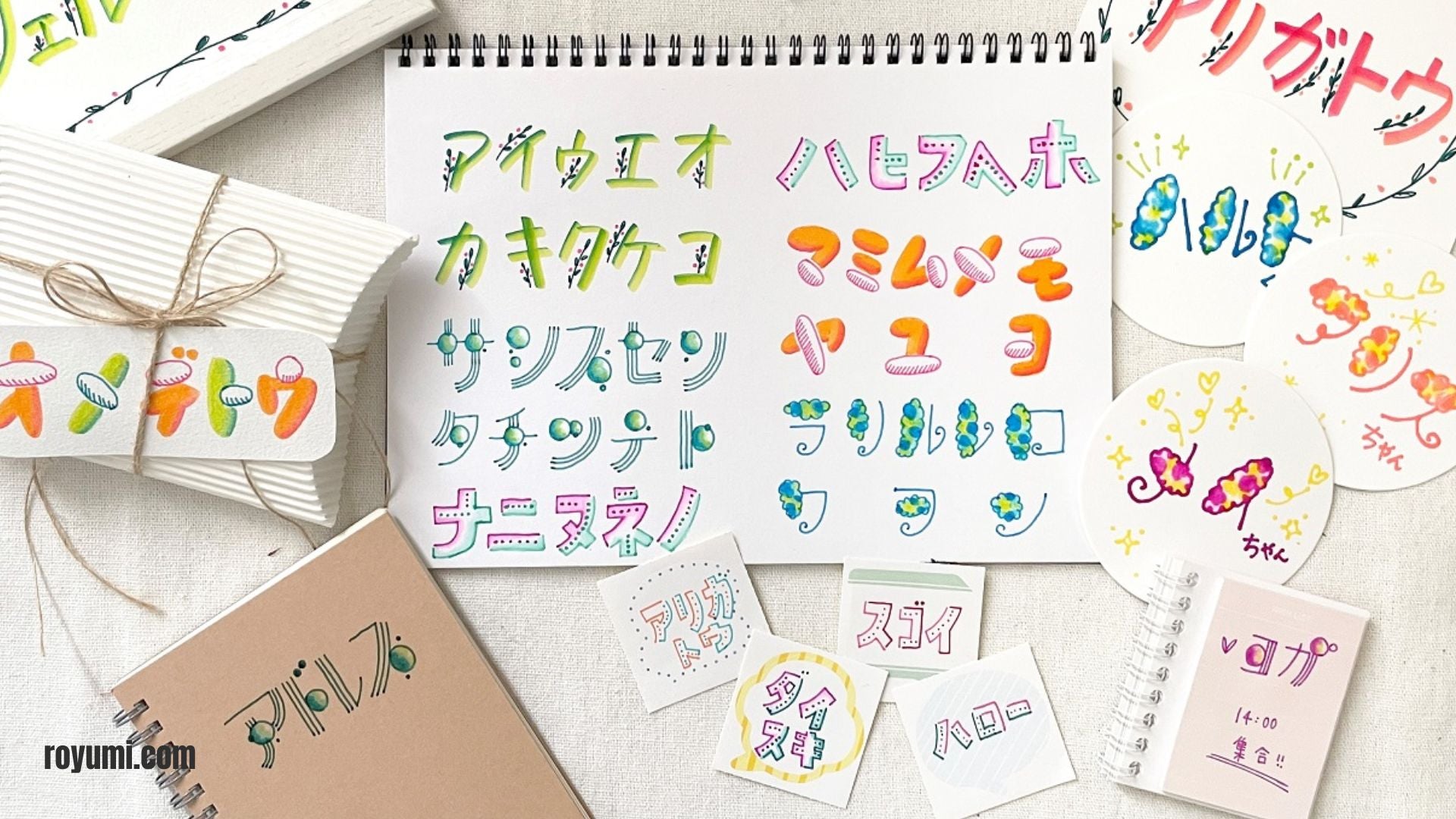
Katakana is another of the Japanese writing systems along with hiragana and the Chinese characters, known as kanji. Like hiragana, katakana has played a fundamental role in written communication in Japan and has evolved throughout history to adapt to different needs and contexts. Katakana has its origins in Chinese characters (kanji), but unlike hiragana, which… Read more
Today’s Kanji – Fire 火 (hi) – Learn Japanese
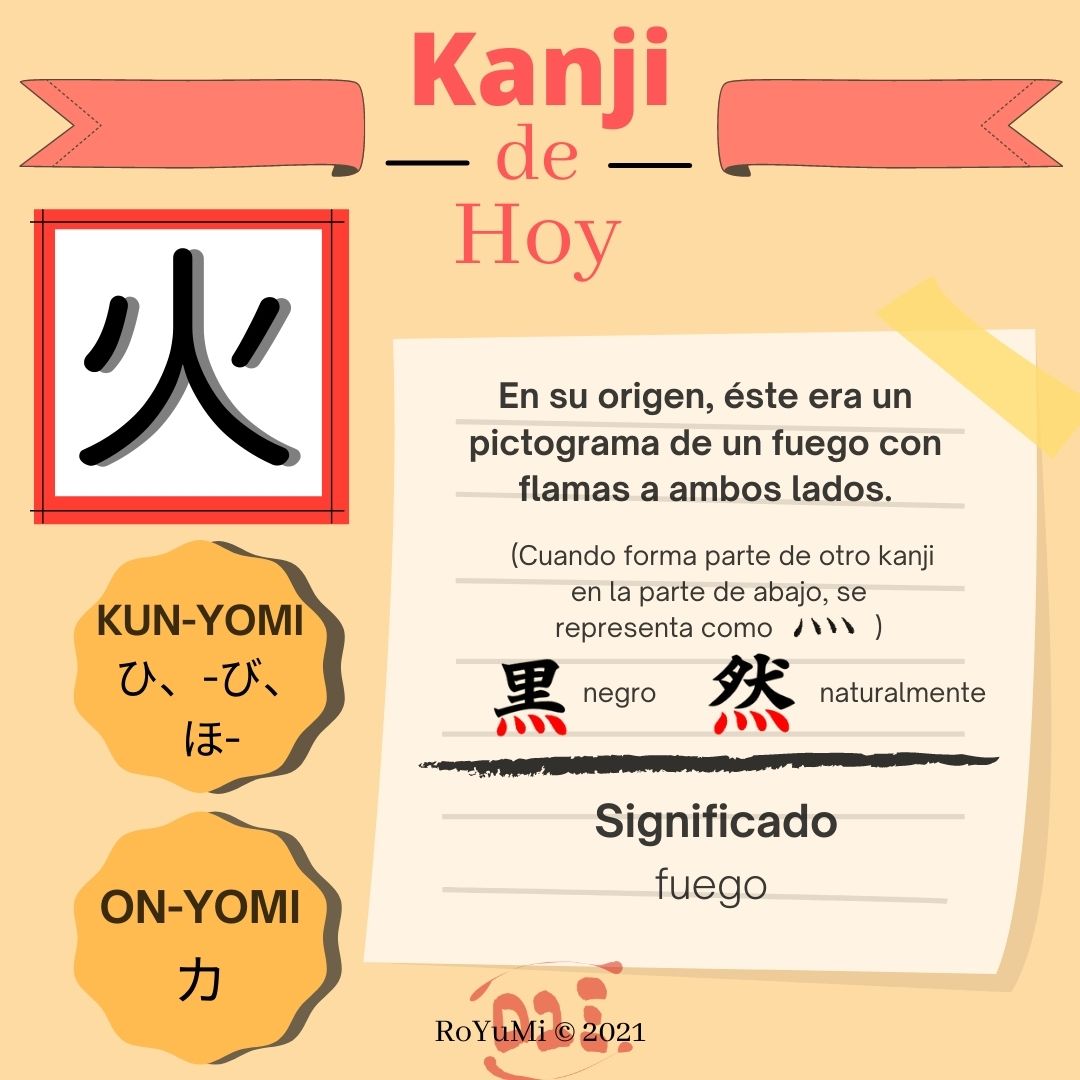
The kanji for fire 火is pronounced “hi” in Japanese. It consists of three strokes, which represent the sparks and the movement of the fire. When you see this kanji, you can easily imagine the intensity and heat that fire can generate. In Japanese culture, fire has a prominent place. From ancient Shinto rituals to festival… Read more
The Fascinating Origins of Hiragana: A Cultural Treasure of Japan
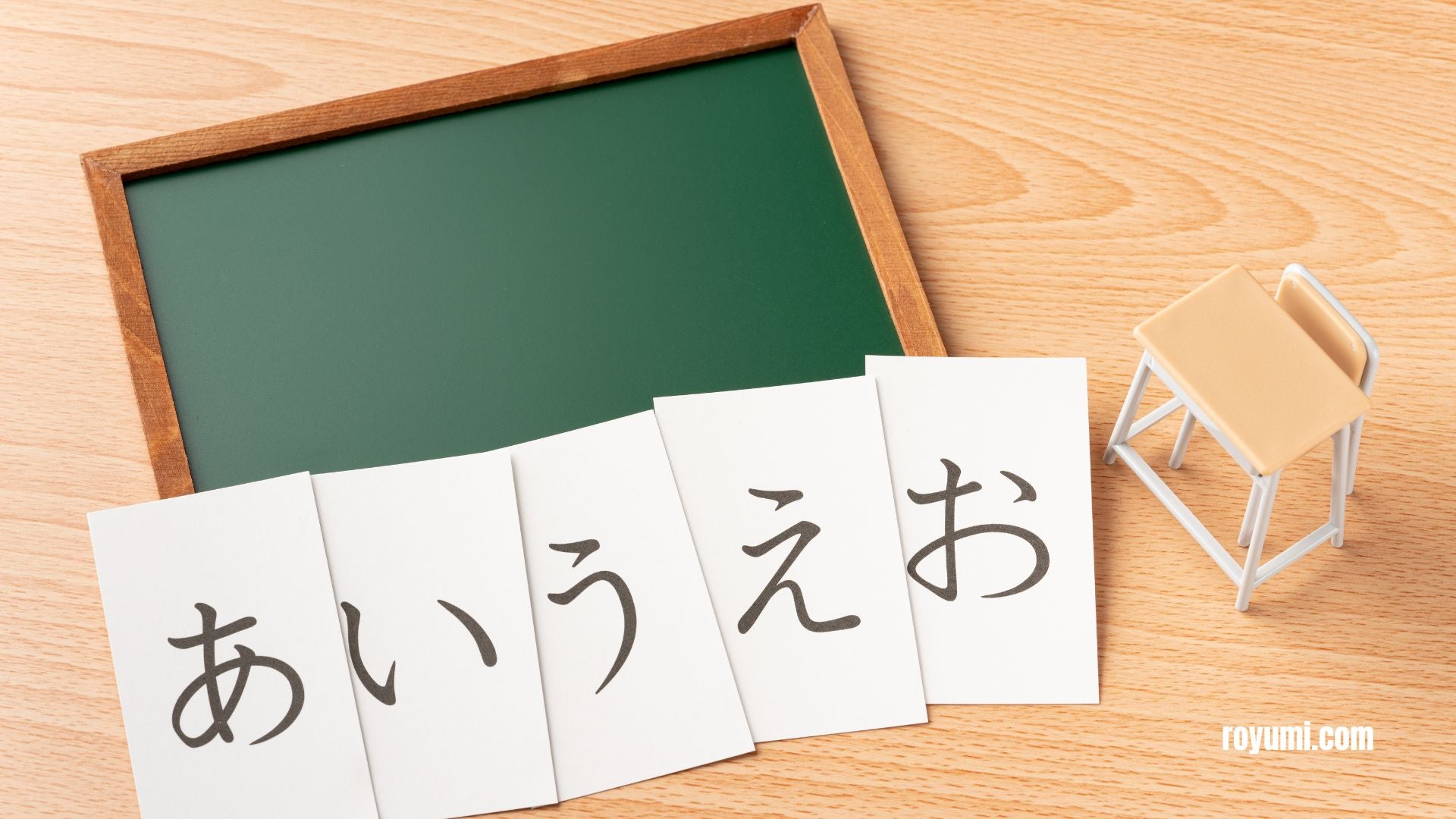
Hiragana is one of the Japanese writing systems, along with katakana and the Chinese characters, known as kanji . Over the centuries, hiragana has played a crucial role in written communication in Japan and has evolved to adapt to the needs of Japanese society. Hiragana has its roots in the Chinese characters, kanji , which… Read more
The Role of Japan in the Promotion and Preservation of Hangul in Korea
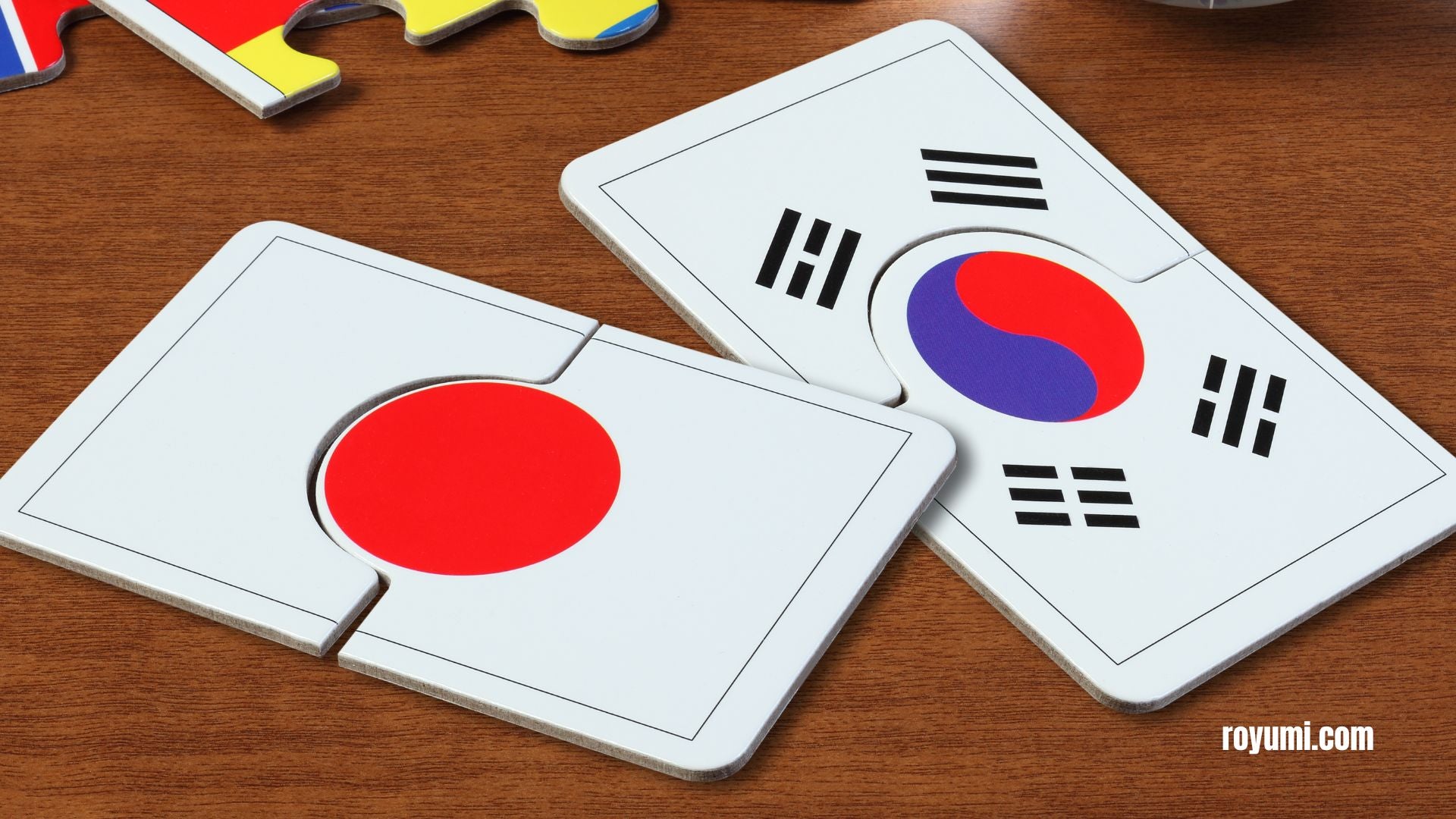
In the exciting and complex journey of Korean culture, Hangul , the country’s unique writing system, plays a pivotal role. Its origin dates back to the 15th century when King Sejong the Great of the Joseon dynasty set out to develop a writing system that was more accessible to his people than the Chinese script… Read more
Today’s Kanji – Down 下 (shita) – Learn Japanese
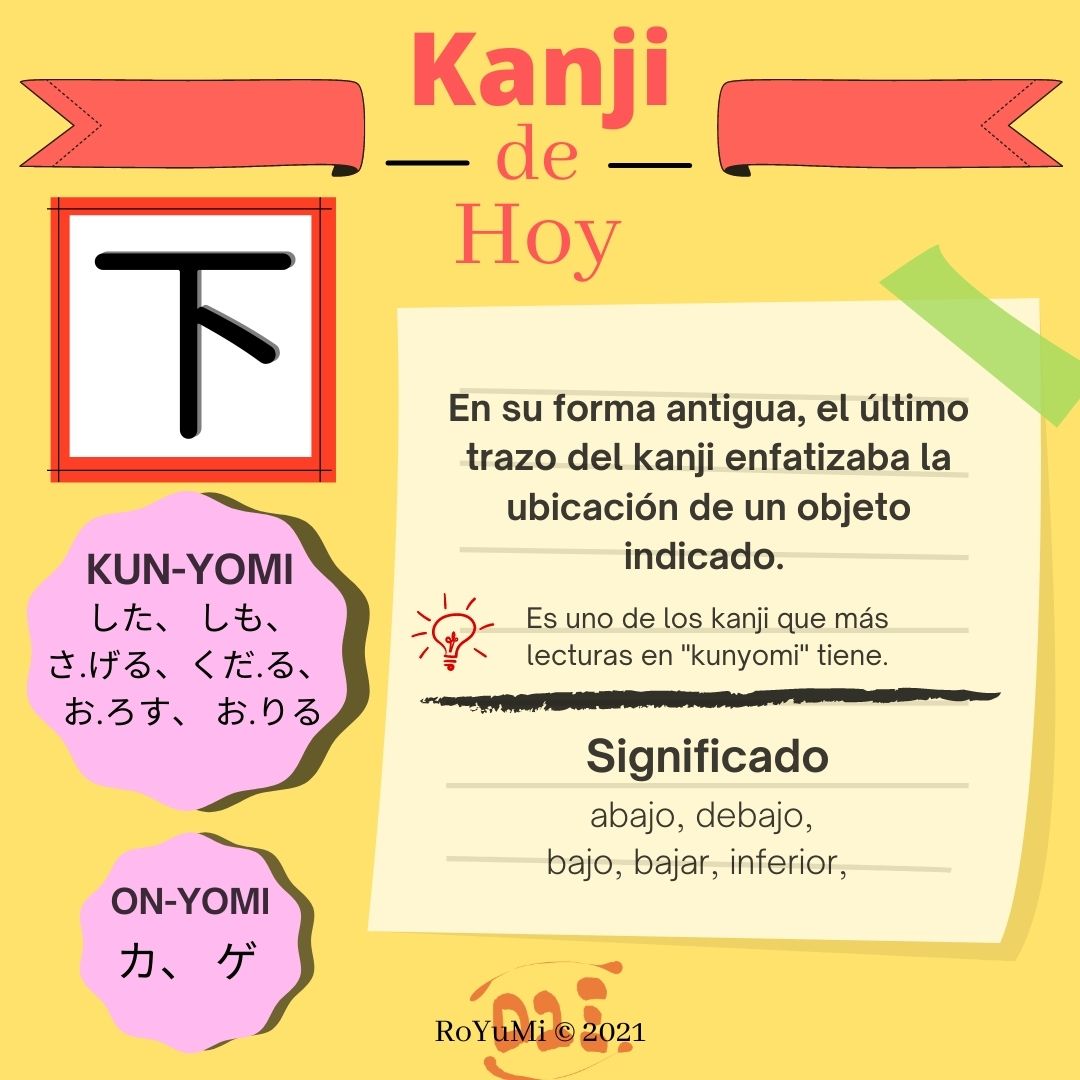
The kanji Down “下” (shita) has various pronunciations depending on the context and the words in which it is used. It is one of the kanji with the most pronunciations. – “Shita” : This is the most common pronunciation of “下”. It is used when referring to the “down” or “under” direction. For example, “下に行く”… Read more
Kumon’s Limitations: Why It May Not Be the Right Choice for Everyone

While this approach certainly has its benefits, it’s also important to recognize that it’s not the best option for everyone. Because? Let’s find out together! The Kumon method has gained popularity in recent years due to its individualized and structured approach. It is based on the idea of repetitive practice of math and reading problems… Read more
